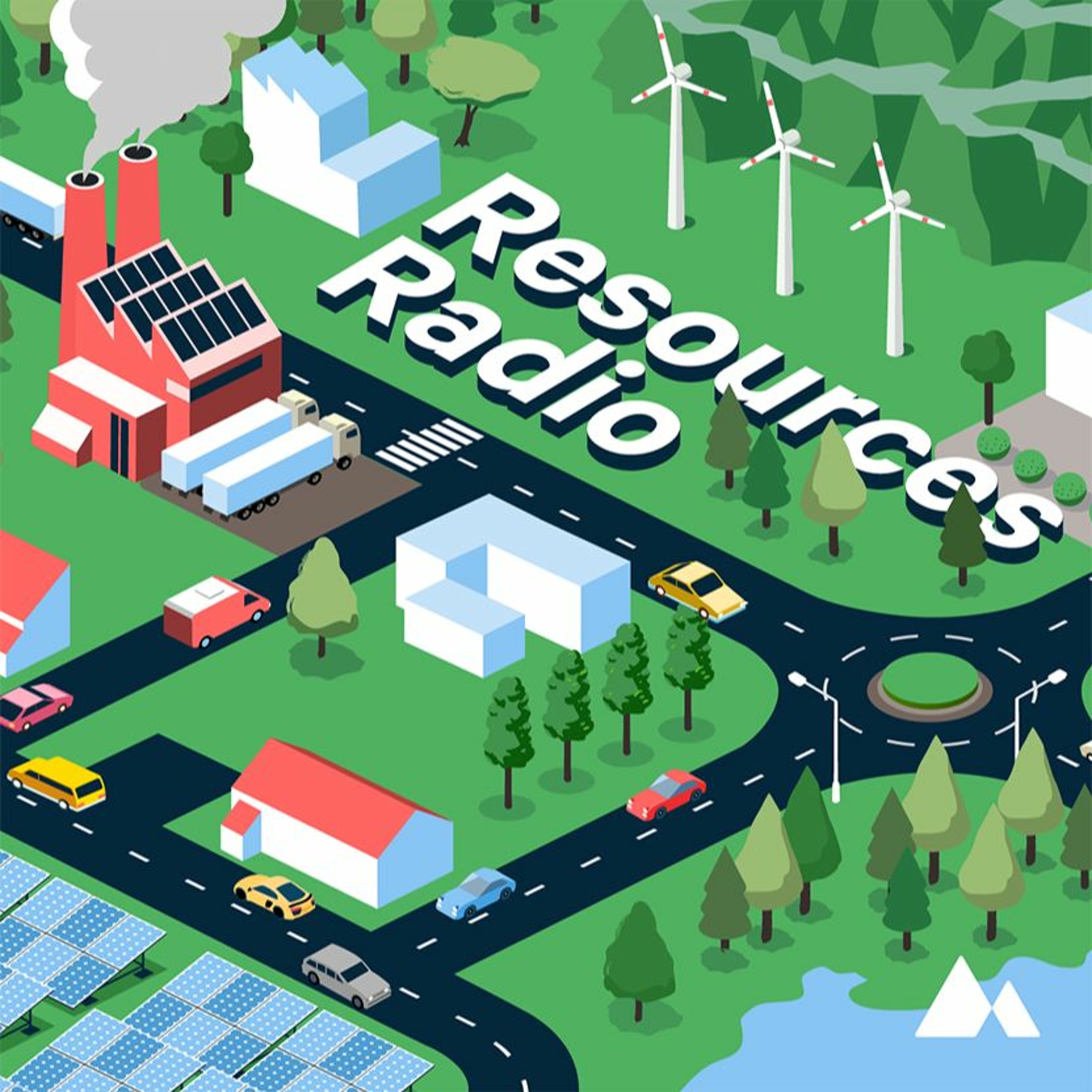Jeremy Firestone
Professor, Marine Science and Policy University of Delaware
Biography
Firestone was the Director of UD Center for Research in Wind (CReW) from 2011-2022 and is knowledgeable about renewable energy, climate change policy, Indigenous issues, and wildlife conservation and management.
An attorney as well as a policy scientist, Firestone served as assistant regional counsel for the EPA and assistant attorney general for the state of Michigan, in the environmental protection and natural resources divisions.
Firestone presently serves on the US Department of Energy/BOEM-focused National Academies Standing Committee on Offshore Science and Assessment (COSA) and on the Mid-Atlantic Fishery Management Council, Ecosystems and Ocean Planning Advisory Panel.
Areas of Expertise
Media Appearances
Northeast governors need Biden to deliver on offshore wind
Politico online
2021-03-31
Northeast governors built their climate agendas on the promise of offshore wind. The only problem: They’ll need help from Washington to realize their goals.
If you warm your home with natural gas, expect higher heating bills this winter
The News Journal online
2021-10-21
With cold months ahead, your utility bills might be higher than you’re used to.
National residential natural gas rates rose 12% from June to July and are up more than 30% since the end of August. Every state except Kansas saw an increase.
New Englanders support more offshore wind power – just don’t send it to New York
Yahoo News online
2022-04-29
In Rhode Island, home to the first offshore wind farm in the U.S., most people support expanding offshore wind power – with one important caveat.
Articles
More than a feeling: Analyzing community cognitive and affective perceptions of the Block Island offshore wind project
Renewable Energy2022
In this article, we study local perceptions of the Block Island Offshore Wind Project (United States) by evaluating both cognitive (rational) and affective (emotional) responses with the goal of learning about how each relates to project support and opposition and how a nearby island population differs from that of the coastal residents farther away. Multivariate regression is used and relies on a dual-process model of evaluation.
Love thy neighbor (or not): Regionalism and support for the use of offshore wind energy by others
Energy Research & Social Science2022
Distributive fairness influences public acceptance of renewable energy technologies. Concerns about distributive fairness contribute to opposition to export of electricity and public preferences for electricity to be consumed near its production. Distributional issues are relevant to offshore wind energy development, where the coastal communities nearest to the developments may see none of the jobs, economic development, or profits associated with development, with undersea cables often delivering the electricity to faraway places.
Community cognitive and affective perceptions of land-based and ocean wind energy infrastructure
Science Talks2022
In this research, we compare and synthesize results from two separate survey projects concerning community perceptions of wind energy. In particular, we are comparing and contrasting cognitive and affective (emotional) responses. One survey is a nationally representative sample of the United States and looks at land-based wind technology wherein we also compare pre- and post-project construction move-in samples.
Winds of change: examining attitude shifts regarding an offshore wind project
Journal of Environmental Policy & Planning2022
Understanding how local attitudes toward commercial-scale renewable energy change over time should provide insight into how to engage communities and influence public acceptance during the energy transition. To augment the scarcity of longitudinal research on social acceptance of renewable energy, we use a mixed methods approach to explore how opinions regarding the Block Island Offshore Wind Project changed over time.
Pluralizing energy justice: Incorporating feminist, anti-racist, Indigenous, and postcolonial perspectives
Energy Research & Social Science2023
Justice represents not only a moral obligation but can enhance the legitimacy and acceptance of a rapid push toward global decarbonization. Innovations in technology, even those geared toward sustainability, can both reinforce and introduce new inequalities and disparities across populations, while also perpetuating environmental degradation.
Research Grants
Co-Principal Investigator, Advancing transformational energy justice across the renewable energy supply chain
Sloan Foundation
June 1, 2023-May 31, 2025
Co-Principal Investigator, Rising
DNREC Information Gaps Analysis
June 1, 2023-February 29, 2024
Co-Principal Regional Community Attitudes Regarding Procedural and Distributive Justice Dimensions of Southern New England Offshore Wind Development
NE Sea Grant Consortium
February 1, 2022-January 31, 2024
Rooftop Photovoltaics and Electric Vehicle Co-Adoption: Attitudes, Norms, Diffusion and Economics,
US Department of Energy
July 2021-December 2022
CoPe conference on community resiliency in the face of coastal hazards and the renewable energy transition
NSF
2019-2021
Accomplishments
Certificate of Achievement
1988
U.S. Environmental Protection Agency
Environmental Protector Award
1989
U.S. Environmental Protection Agency
Certificate of Appreciation
1995
U.S. Fish and Wildlife Service
Education
University of Michigan
BS
Cellular and Molecular Biology
1980
The University of Michigan Law School
JD
1986
University of North Carolina at Chapel Hill
PhD
Public Policy Analysis
2000
Links
Event Appearances
Block Island Offshore Wind Power Project Studies
Annual Board Meeting Delaware Municipal Electric Corporation (DEMEC)
Public attitudes toward, and human behavior regarding, potential offshore wind power developments
Green Drinks
How do emotions affect the dynamics of social acceptance, and what can be done about it?
12th St. Gallen Forum for Management of Renewable Energies University of St. Gallen







